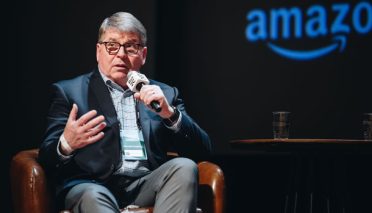Stéphane Courbit’s Banijay Entertainment has made a noisy entrance into the international scene, racking up acquisitions and bases in 10 countries. Exec VP of programming and distribution François de Brugada tells Jules Grant what’s next.
Banijay Entertainment was one of the most talked about international content companies at Mipcom last year when C21 broke the news that it was to acquire Zig Zag Productions, one of the last medium-sized independents left in the UK market.
Days later it snapped up 100-year-old Scandinavian production giant Nordisk Film TV, and last month headed to MipTV with its new international distribution arm, Banijay International, headed by Karoline Spodsberg, formerly Nordisk’s international sales chief.

![]() If the past few months are anything to go by, all seems to be going to plan for the group. Banijay was born in early 2008 when former Endemol France chief Stéphane Courbit joined up with private investors the Agnelli family (Fiat), the De Agostini family, Jean-Paul Bize (AMS Industries) and Bernard Arnault (LVMH). “The objective was to build an international player in the content market via the acquisition of strong creative companies in more than 10 territories,” says Banijay’s executive VP for programming and distribution François de Brugada (left).
If the past few months are anything to go by, all seems to be going to plan for the group. Banijay was born in early 2008 when former Endemol France chief Stéphane Courbit joined up with private investors the Agnelli family (Fiat), the De Agostini family, Jean-Paul Bize (AMS Industries) and Bernard Arnault (LVMH). “The objective was to build an international player in the content market via the acquisition of strong creative companies in more than 10 territories,” says Banijay’s executive VP for programming and distribution François de Brugada (left).
By the end of last year, Banijay had hit this target. It owns four prodcos in France – Air Productions, Depeche Prod, Jes Prod and ALJ Production; Cuarzo Producciones in Spain; Intelegencia in Russia; Brainpool in Germany; Angel City Factory in the US; and Zig Zag in the UK, as well as Nordisk, which spans Sweden, Norway, Denmark and Finland.
Nevertheless, it still faces stiff competition in the content market from giants such as NBC Universal and Warner Bros now entering the local production business, the challenge will no doubt intensify.
“With the US studios, we will see what their strategy is,” Brugada says. “It is an interesting time as most successes on air on broadcasters around the world are based on formats that were on air five or more years ago.
“In the past five years there hasn’t really been a real blockbuster hit format. We are due a few of those new big ones and we’re building an organisation to make sure that we’re in a good position to provide one or two of them.”
While he won’t be drawn on where Banijay will strike next, Brugada explains that having a bigger base in the US is paramount. It already has stateside start-up Angel City Factory, which it formed in July 2009, headed by Chris Cowan and Jean-Michel Michenaud – the founding members of Rocket Science Laboratories (Temptation Island, My Big Fat Obnoxious Fiancé).
“Banijay has to have a bigger footprint in the US, so we are planning to acquire a large player there, for sure, as we can’t have just one start-up,” Brugada says. It emerged only after the interview that Banijay had purchased Real World producer Bunim-Murray.
Banijay’s format strategy is to think global and act local. “The television business is a local business. It would be mad to say that from Paris we could make local decisions such as which projects should be pitched at which broadcasters,” he says.
Despite this, Brugada says the individual companies in the group will benefit from being part of the larger family and it has a team that ensures the new companies will be quickly integrated. This means that one idea in the Danish market, for example, might be useful to the UK, US, Spain and so on.
There’s also a central team focusing on format acquisitions that takes options for up to all 10 territories when it can and when it thinks there is potential. This is in addition to the Banijay ‘creative factory.’ Brugada explains: “It is interesting that these people are not pitching to broadcasters, they are pitching to each local affiliate. So we consider that our job is to put more opportunities on the table for local companies.”
Brugada says creativity is the key to any future acquisitions. “Creativity is the only thing that will make a difference in the long term,” he says. “You can buy many companies, but if you don’t have the right formats and don’t regularly come out with the best ideas, you’re going nowhere.”
It is also a people business based on talent. How will Banijay ensure talent stays with it after indie toppers have completed their earn-out deals? Brugada says: “We have long-term agreements with each of the key people in our companies. We know it’s a people business, and making sure people are happy is a key element of our strategy. So of course we will do what we can to ensure that all of the key people remain at the group for a long time.”














































